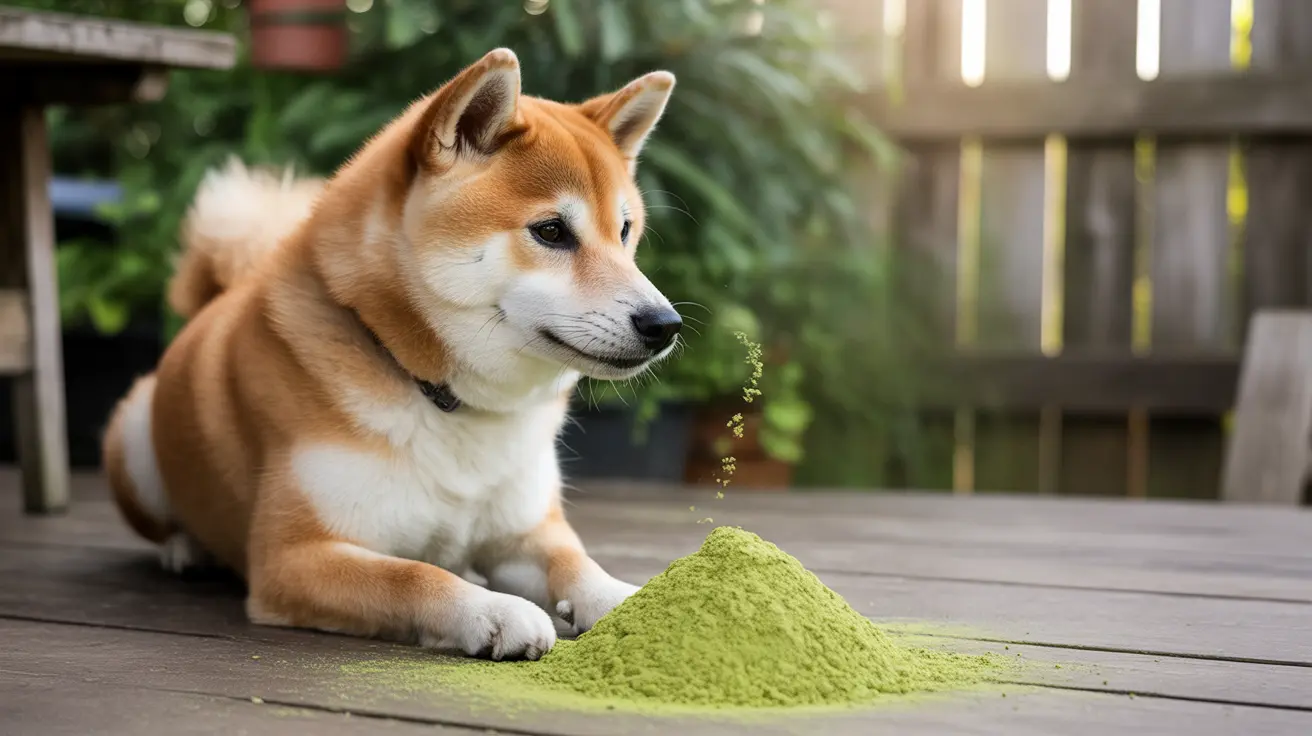Understanding Powdered Lime and Its Traditional Uses
Powdered lime, or toz kireç, is a calcium-based compound traditionally used in agriculture and construction. While it has historical applications in pest control for crops and livestock areas, its use for flea control is based more on folk wisdom than scientific evidence.
Different forms of lime exist, including quicklime (calcium oxide), hydrated lime (calcium hydroxide), and agricultural lime (calcium carbonate). Each carries its own set of risks and potential applications.
The Truth About Lime's Effectiveness Against Fleas
Despite anecdotal claims, there is limited scientific evidence supporting lime's effectiveness in killing or controlling fleas. Most studies focus on agricultural applications rather than domestic pest control.
While some suggest that lime might create an inhospitable environment for flea eggs in soil, there's no concrete proof that it can effectively eliminate an existing flea infestation, especially inside homes or on pets.
Critical Safety Concerns for Pets
The use of powdered lime around pets poses severe health risks:
- Respiratory damage from inhaling lime dust
- Chemical burns on skin and paw pads
- Potentially fatal internal injuries if ingested
- Eye injuries from dust exposure
- Serious complications from grooming after exposure
Veterinarian-Recommended Flea Control Methods
Instead of risking your pet's health with powdered lime, veterinarians recommend these proven approaches:
- Prescription flea medications (oral or topical)
- Regular vacuum cleaning of living spaces
- Washing pet bedding in hot water
- Professional pest control services for severe infestations
- Preventative year-round flea control
Environmental Management for Flea Control
Creating a flea-resistant environment involves multiple strategies:
- Daily vacuuming of carpets and furniture
- Proper disposal of vacuum contents
- Regular inspection of pet resting areas
- Maintaining yard cleanliness
- Treating all pets in the household simultaneously
Frequently Asked Questions
Does powdered lime (toz kireç) effectively kill fleas on pets?
No, there is no scientific evidence supporting the effectiveness of powdered lime for killing fleas on pets. Additionally, its use can be extremely dangerous for animals.
Is powdered lime safe to use around cats and dogs for flea control?
No, powdered lime is not safe for use around pets. It can cause severe chemical burns, respiratory problems, and potentially fatal injuries if ingested.
How should powdered lime be applied to help reduce fleas in the home or yard?
Powdered lime should not be used for flea control in homes or yards where pets are present. The risks far outweigh any potential benefits, and there are many safer, proven alternatives available.
What are the risks of using powdered lime for flea treatment on pets?
The risks include chemical burns, respiratory damage, internal injuries if ingested, eye damage, and potentially fatal complications. These risks apply to both pets and humans.
What are safer and more effective alternatives to powdered lime for flea control?
Safe alternatives include veterinary-prescribed flea medications, regular cleaning and vacuuming, washing pet bedding, and professional pest control services when needed.
Conclusion
While the search for effective flea control solutions is understandable, powdered lime (toz kireç) presents serious risks to pet health and safety. Instead of experimenting with potentially dangerous substances, consult with your veterinarian about proven, safe flea control methods that will protect both your pets and your home.






